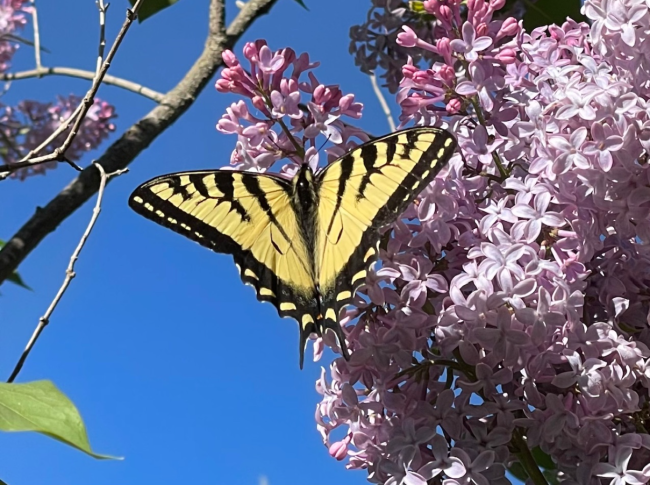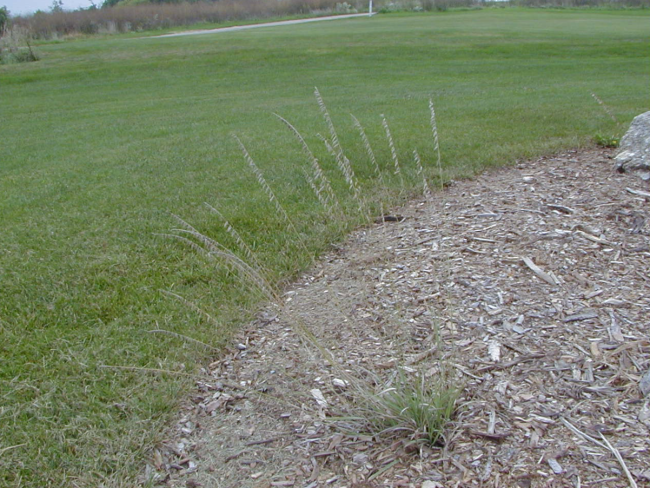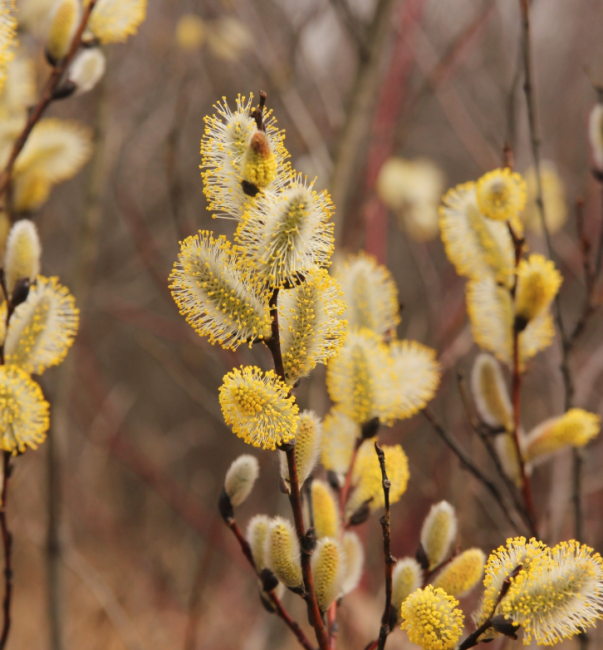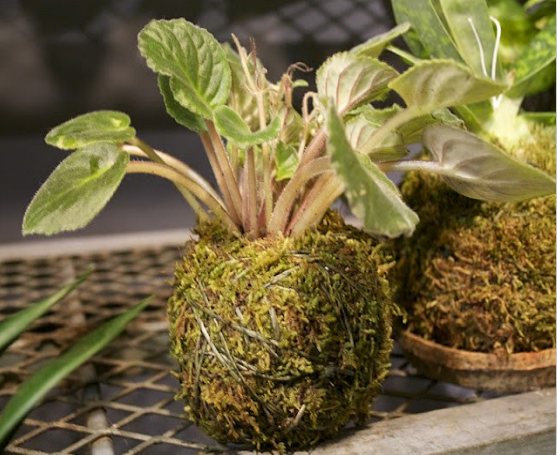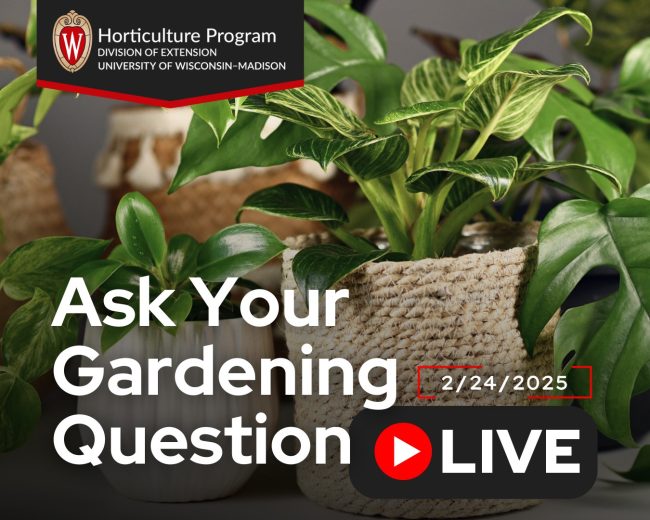Dodge County Master Gardener Association
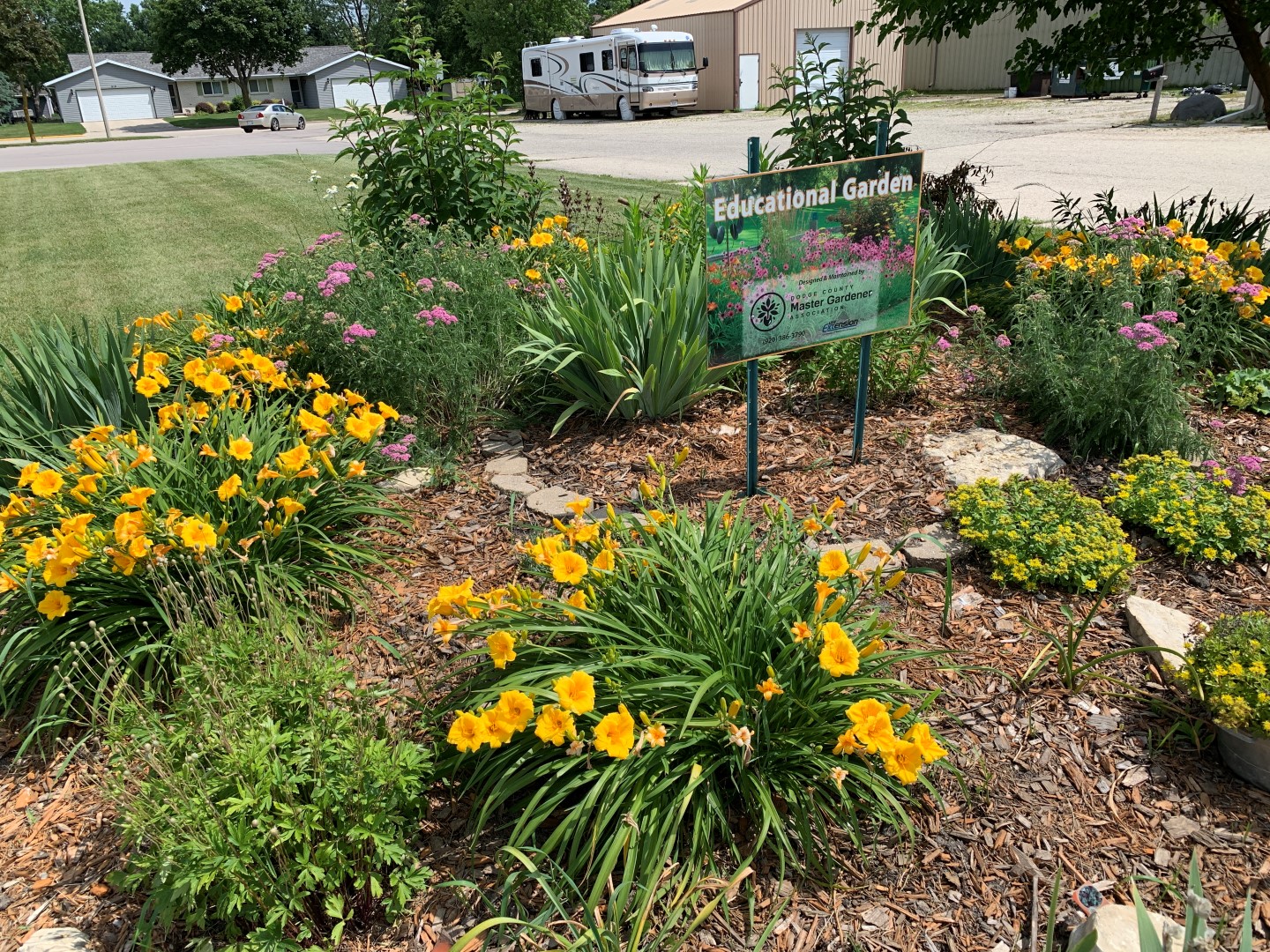
To learn about events, programs, Ask a Master Gardener articles, and other great resources, please visit the Dodge County Master Gardener Association’s website at:
You can also mail them: DCMG, PO Box 27, Beaver Dam, WI 53916
email them: dcwimg@gmail.com
or like them on their Facebook
Have a Master Gardener Question?
Looking for an expert to advise on your garden questions? You can use the Wisconsin Horticulture portal to ask your questions for a quick response! You may also attach relevant photographs concerning your garden issues. Your inquiry will be responded to by an Extension staff member or a Wisconsin Extension Master Gardener in your area.
Little Free Library
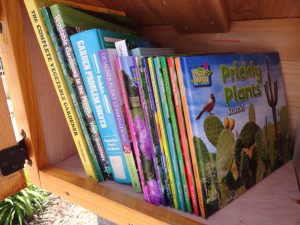
The DCMGA supports a “Little Free Library” in the east garden at the Dodge County Administration Building. The library will be stocked with garden books for adults and children early spring through fall. It is near a bench where patrons can sit and read while enjoying the gardens. Please feel free to take a book, read it, and return it so we can keep the library going!
Other Helpful Links:
Master Gardener Posts:

